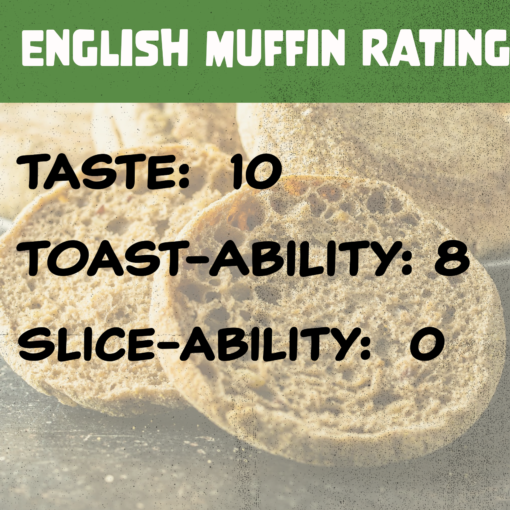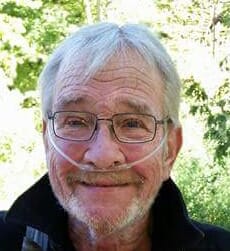I hear a lot of people complain about minor aches and pains. “Oh, my feet hurt from walking all day.“ These complaints usually come from soft, mushy people with the muscle definition of a manatee. They have never considered exercise as an intentional choice endeavored to keep their bodies in shape but rather a recalcitrant necessity to get them from one place to another. Contrarily, I contend that their feet don’t hurt from walking all day. Their feet hurt from never walking – anywhere. Ever.
To me, exercise done every day, with an intention to keep yourself in shape moves your body beyond its pain threshold and trains you to discern between minor discomfort and an injury. A little bit of soreness is normal when working a muscle because it causes its fibers to break down and rebuild new, stronger tissue. But you have to move with intention and a desire to increase your conditioning to get to this point. You have to exercise on purpose.
I think people with a natural penchant toward sports understand what this feeling is like. You get sore from running, but you go and do it again the next day. After a while, you don’t really notice the pain. In fact, a little muscle fatigue and soreness feels good. You subconsciously know that exercise was worthwhile.
Have you ever felt tired after sitting around on the couch all day on a lazy weekend? No matter how much you sit and relax, you can’t seem to get untired? You can’t relax out the tired. I’ve found this is really your body telling you that you need to get off your duff and do something. Every cell in your body is fighting sloth and is yearning for you to eat something cleansing or move in a way that gets your heart rate up. Get rid of the torpor. Clear out the toxins. Get moving!
I think athletics is a great thing for kids. Kids should learn at an early age what it feels like to run to the point of exhaustion. Kids that don’t play sports never learn what they can really get out of their bodies, from a physical perspective. Later in life, the exercise they receive in organized sports as kids, will help them be less tired, more able to work hard, and be less sickly. They intuitively will know, because of those long days running until they couldn’t run anymore as a kid, that they are strong enough to keep going through adversity as an adult. Exercise makes you mentally tough as well as physically tough.
I guarantee you, I never thought in a million years I could have done what I did in high school basketball practices. Every day we scrimmaged, ran defense drills, and ran countless sets of ropes (a sprint where you run on the court from one end line to the first free throw line and back, to center court and back, to the other free throw line and back, and to the opposite end line and back). We also ran three miles. Every day! You’d tell yourself a hundred times over and over again that you could not move one more step. But we did. And I’m better for it today. Our team stunk my senior year in high school but we hung with teams who were more talented than us through shear physical fitness.
Challenge yourself to try new things. Move your body in ways that challenge it to grow lean muscle, increase your coordination, and increase your stamina. It’s OK to sweat while doing so. You can shower afterward and be good as new. Challenge your brain too. Add numbers in your head without the aid of a calculator. Remember what you had for lunch the previous day. Visualize the inside of your car and try to name as many things items inside it as you can in one minute. Commit a poem to memory until you can recite it as easily as remembering your own address.
Exercise, both physical and mental, is good for you. Running makes me conscious of my footwork when I workout. Being conscious of my footwork makes me watch where I step when I climb a flight of stairs or walk across an icy parking lot in every day life. Exercise keeps me safe. Exercise makes me better.


